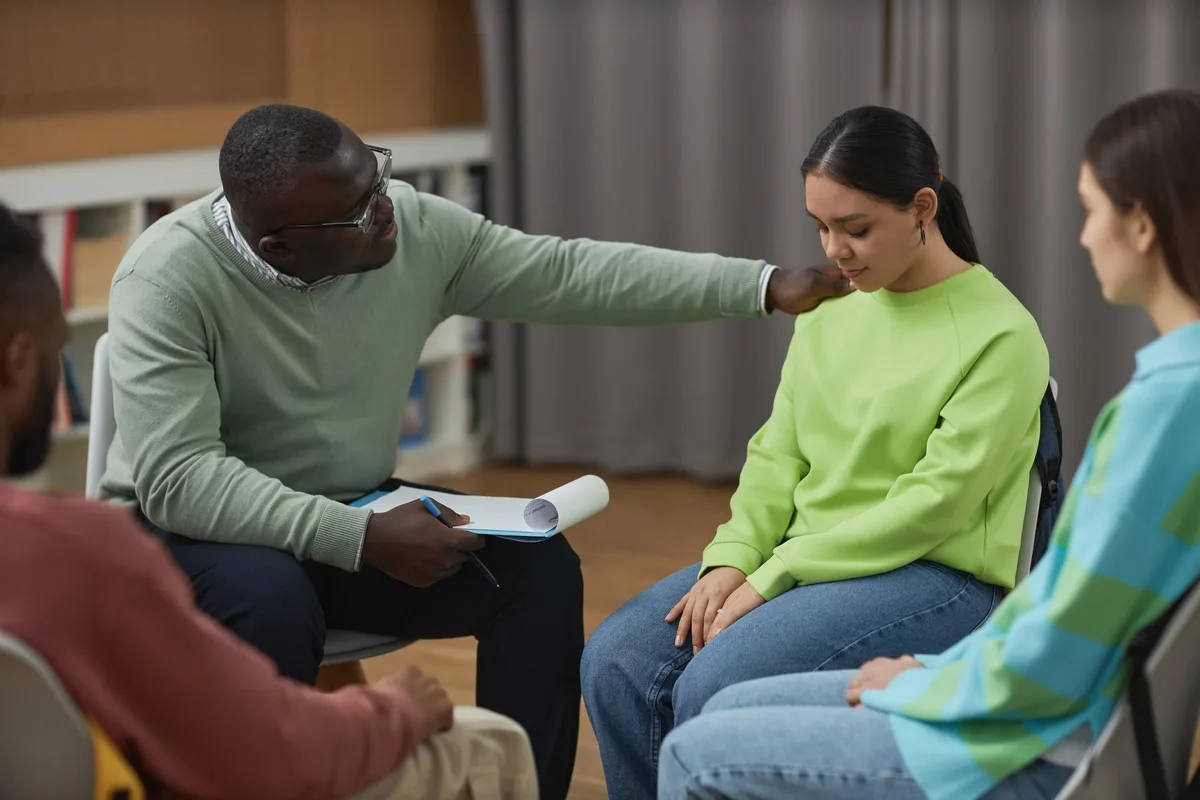24/7 Helpline:
(866) 899-111424/7 Helpline:
(866) 899-1114
Learn more about Inpatient Rehab centers in Morristown
Inpatient Rehab in Other Cities

Other Insurance Options

EmblemHealth

Ambetter

UMR

Aetna

MHNNet Behavioral Health

Ceridian

GEHA

Anthem

Amerigroup

Health Choice

Health Net

Covered California

Choice Care Network

CareSource

United Health Care

Holman Group

Group Health Incorporated

Medical Mutual of Ohio

Molina Healthcare

Kaiser Permanente


Village Network – Brite Futures
Village Network – Brite Futures is a private rehab located in Saint Clairsville, Ohio. Village Netwo...

Crossroads Counseling Services
Crossroads Counseling Services offers outpatient services for individuals struggling with substance ...
















































































































































































































Tri County Help Center
Tri County Help Center is a private rehab located in Saint Clairsville, Ohio. Tri County Help Center...
































































































































